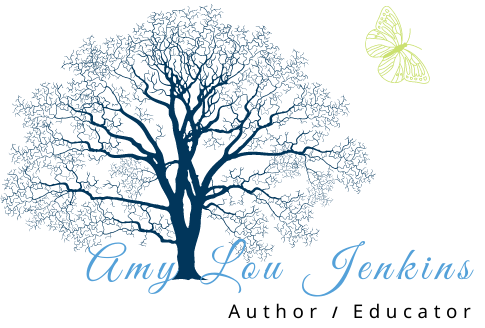
Unleashing the Writer Within: Behaviors to Establish and Meet Your Writing Goals
Writing a book or any writing project is a remarkable achievement that requires dedication, discipline, and motivation. Authors always face challenges. How can writers establish and meet their writing goals while maintaining the inspiration to keep moving forward? Writers set goals and achieve them. Let's explore specific behaviors that successful writers employ to stay motivated, avoid getting stuck, and ultimately complete their books.
-
I. Setting Clear and Achievable Goals:
-
Define Your Writing Goals:
- "A goal is a dream with a deadline." - Napoleon Hill
- Successful writers start by setting clear and realistic goals. Whether it's completing a certain number of words per day, finishing a chapter within a specified timeframe, or setting a deadline for completing the first draft, establishing tangible goals helps maintain focus and provides a sense of accomplishment along the way. We recommend short word-count writing goals.
-
Break It Down:
- "The journey of a thousand miles begins with a single step." - Lao Tzu
- To prevent overwhelm, break down your larger writing goal into smaller, manageable tasks. This approach allows you to make progress incrementally, boosting your motivation and keeping you engaged in the writing process. Find your story with a free guided workbook.
-
II Cultivating Discipline and Consistency:
-
Writers Set Goals and Break them into Smaller Pieces/ Establish a Writing Routine:
- "You can't wait for inspiration. You have to go after it with a club." - Jack London
- Successful writers understand the importance of consistency. They carve out dedicated time in their daily or weekly schedule to write, treating it as a non-negotiable commitment. By making writing a habit, they build momentum and minimize the chances of getting stuck. Organize your projects with our free writing planning sheets.
-
Writers Set Goals (Hint/ Perfection is rarely the goal) Embrace the First Draft Imperfection:
- "The first draft is just you telling yourself the story." - Terry Pratchett
- Overcoming the fear of imperfection is crucial in maintaining motivation. Recognize that the first draft is an opportunity to get your ideas on paper. Embrace the messiness and allow your creativity to flow without the pressure of perfection. The revision comes later.
-
III. Fueling Inspiration and Creativity:
-
Embrace Inspiration from Various Sources:
- "Read, read, read. Read everything... just like a carpenter who works as an apprentice and studies the master." - J.A. Konrath
- Successful writers immerse themselves in diverse forms of literature and seek inspiration from a variety of sources. Reading widely, exploring different genres, and exposure to different writing styles and perspectives help fuel writing creativity. Read more about writers as readers.
-
Find Your Creative Rituals:
- "Writing rituals are not necessarily self-indulgent superstitions; they're a way of creating space for the magic to happen." - Edwidge Danticat
- Establishing personal rituals or habits that spark creativity can be invaluable. Whether it's writing in a specific location, listening to music, practicing mindfulness, or engaging in physical activity, finding what works for you can help get those creative juices flowing.
- IV Be Mindful of the Steps to the Finish Line:
-
Celebrate Milestones and Progress:
- "The reward of a thing well done is to have done it." - Ralph Waldo Emerson
- Recognize and celebrate the milestones you achieve along your writing journey. Whether it's completing a chapter, hitting a word count goal, or finishing the first draft, taking time to acknowledge your progress boosts motivation and keeps you on track.
-
Surround Yourself with Supportive Communities:
- "Surround yourself with people who believe in your dreams, encourage your ideas, support your ambitions, and bring out the best in you." - Roy Bennett
- Seek out communities of writers who share your passion and understand the challenges you face. Writing groups and workshops can offer support. Get our newsletter and follow our Facebook page to connect to our community.
Writing a book is a journey that requires commitment, perseverance, and a strong sense of motivation. Clear goals, discipline, and consistency will help writers succeed. Remember, success as a writer is not only measured by the number of books published but by dedication to the craft. Write, you know you need to.















